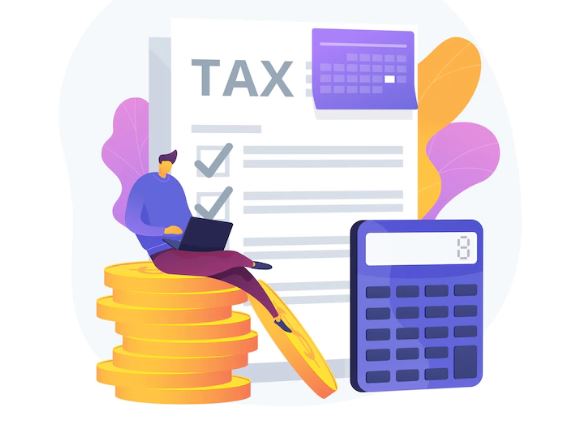Income Tax Return Filing for AY 2022-23, AY 2023-24 & AY 2024-25
Have You missed your Income Tax Return Filing? Dont worry! You can file your Income Tax Return Uptoo 3 year under section 139(8A) Do you want to file your ITR for AY 2022-23, AY 2023-24 & AY 2024-25? Contact Us today to get your filed ITR copy within 1-2hours.
Pricing Summary
(AY 2022-23, AY 2023-24 & AY 2024-25)
₹
999/ Year + Govt penalty
Our Fee ₹999 + Govt Penalty Uptoo 5lac Net Income (₹1000)
-
Computation
-
ITR acknowledgment
-
Paid Challan Copy


